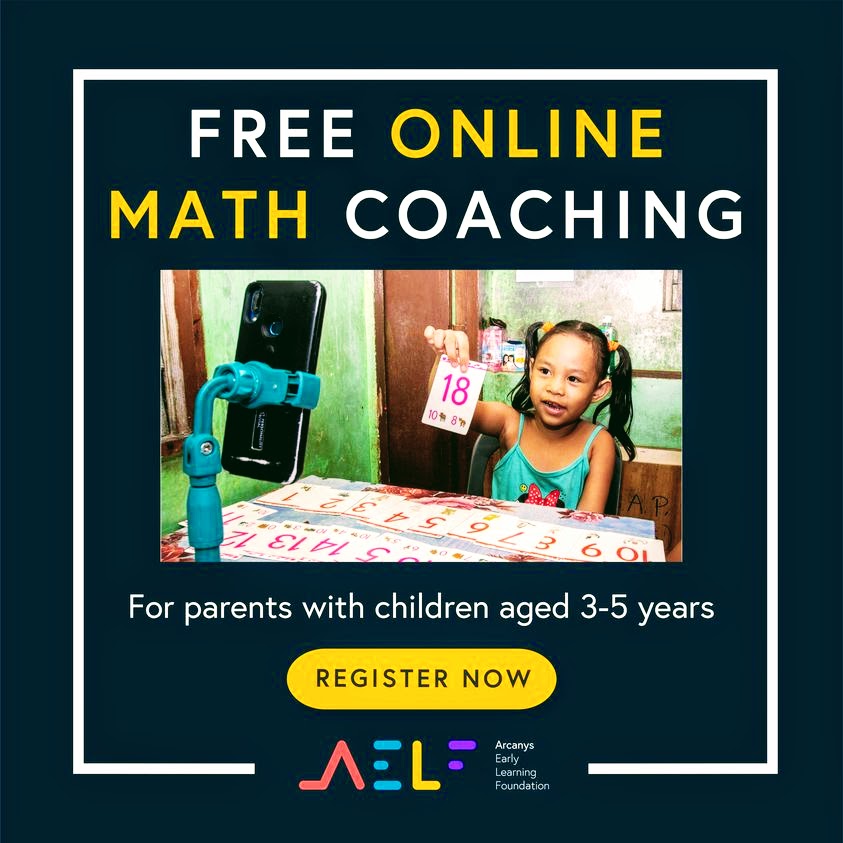The process of learning to read involves several steps, from phonological awareness (recognizing different sounds in a language) to letter-sound knowledge (identifying letters in the alphabet and how they sound) to decoding words and phrases as well as their meanings.
A new study called the "Reading Camp" has shown that kids can effectively develop reading skills in a virtual classroom with other students. Conducted by the University of Washington Institute for Learning and Brain Science, the said study was funded by the Bezos Family Foundation, the Overdeck Family Foundation, and the Petunia Charitable Fund.
The "Reading Camp" program demonstrated not only its efficiency but also its potential to help kids remotely, by choice or necessity. Kids were grouped into classes with six participants, who were handled by two instructors trained in the specific lessons. The sessions lasted three hours daily, comprised of several breaks, brief lessons broken up by activities, and wrapping up with a story time. Often, the classrooms were divided into even smaller groups with three students supported by a teacher leading the lessons and games.
According to Yael Weiss-Zruya, a research scientist at I-LABS and the study's first author, "This shows that we can actually teach kids online if we're using the correct methodology, keeping them engaged, and they're interacting socially with their peers and teachers. Combining all of this made it successful."

Picture: Arcanys Early Learning Foundation



